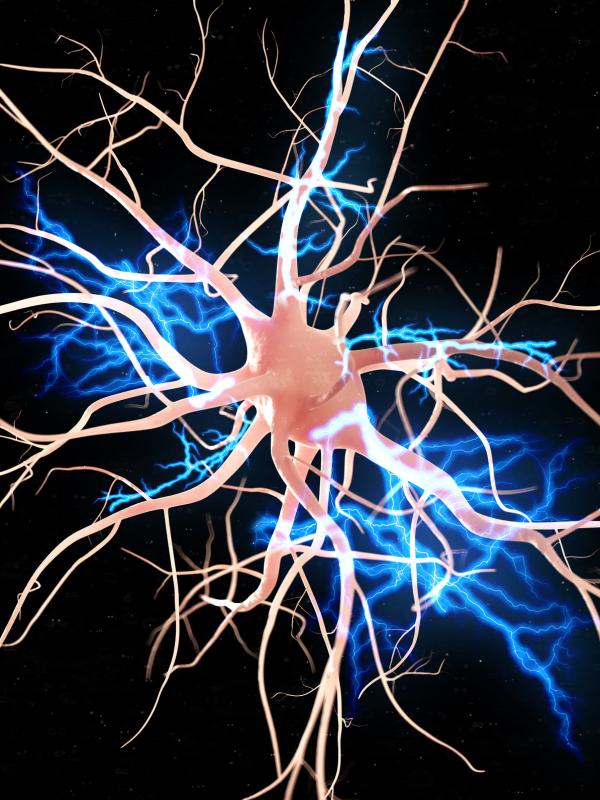
An association exists between weight gain and a decrease in responsivity of regions connected to taste and reward processing to palatable high-fat and high-fat/high-sugar food tastes, a study has shown. Moreover, avoiding weight gain can increase the sensitivity of taste, which then helps prevent future excessive weight gain.
Compared with adolescents who remained weight stable, those who gained weight had reductions in activation in the postcentral gyrus, prefrontal cortex, insula and anterior cingulate cortex, as well as increases in activation in the parietal lobe, posterior cingulate cortex and inferior frontal gyrus response to a high-fat/low-sugar vs low-fat/low-sugar milkshake.
Greater reductions were also noted in activation in the anterior insula and lateral orbitofrontal cortex among weight gainers in response to a high-fat/high-sugar vs low-fat/low-sugar milkshake as compared with those who remained weight stable. There were no group differences in response to a low-fat/high-sugar vs low-fat/low-sugar milkshake.
Compared with those who remained weight stable, weight gainers also had greater decreases in activation in the middle temporal gyrus and increases in cuneus activation in response to appetizing vs unappetizing food images.
Group differences in baseline responsivity and opposite changes in neural activation in adolescents who remained weight stable partially facilitated these significant interactions.
In this study, the investigators compared changes in neural activity between initially healthy-weight adolescents who gained weight (n=36) and those showing weight stability (n=31) over 2–3 years.
“Emerging data suggest that weight gain is associated with changes in neural response to palatable food tastes and palatable food cues, which may serve to maintain overeating,” they noted.